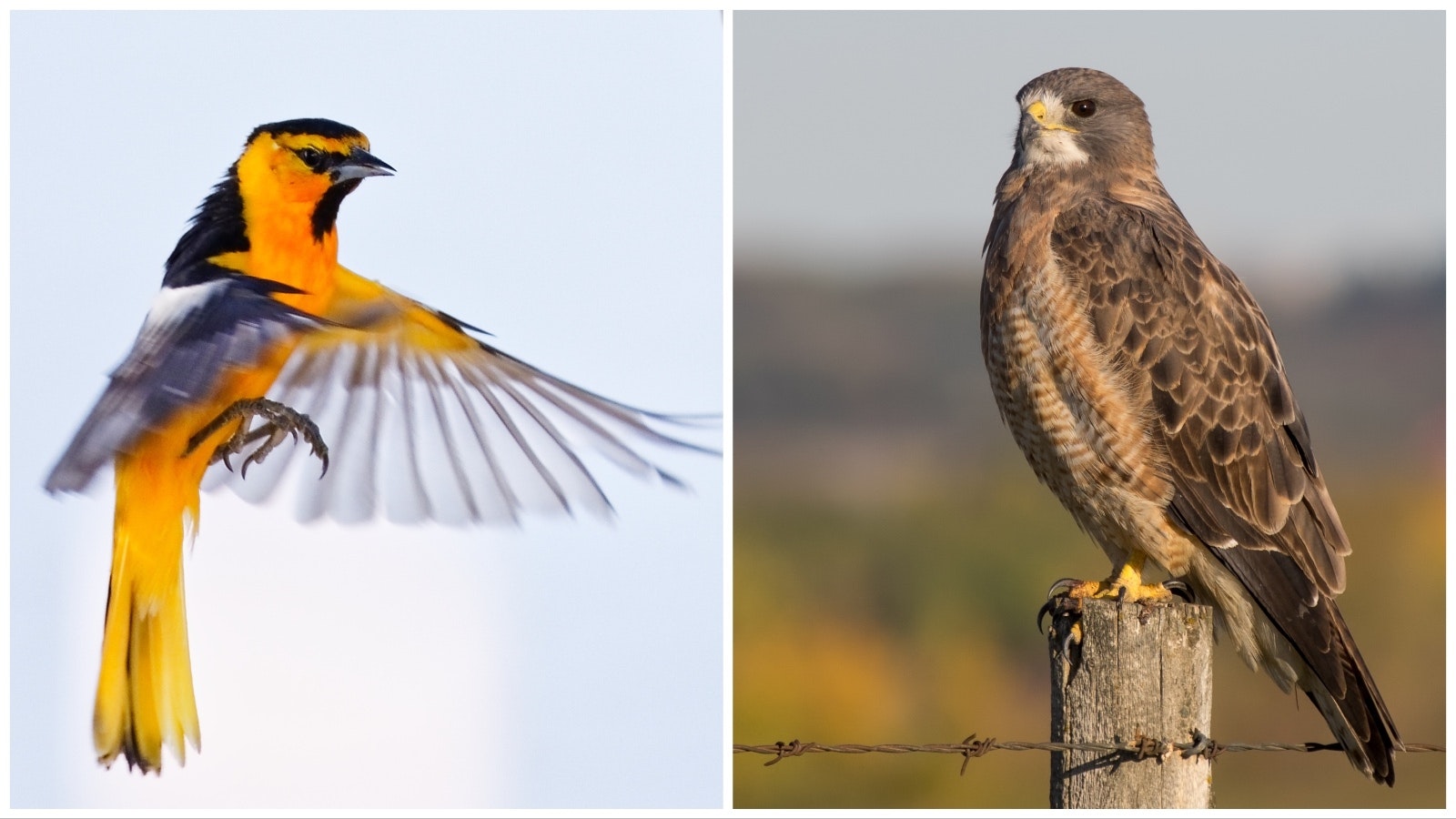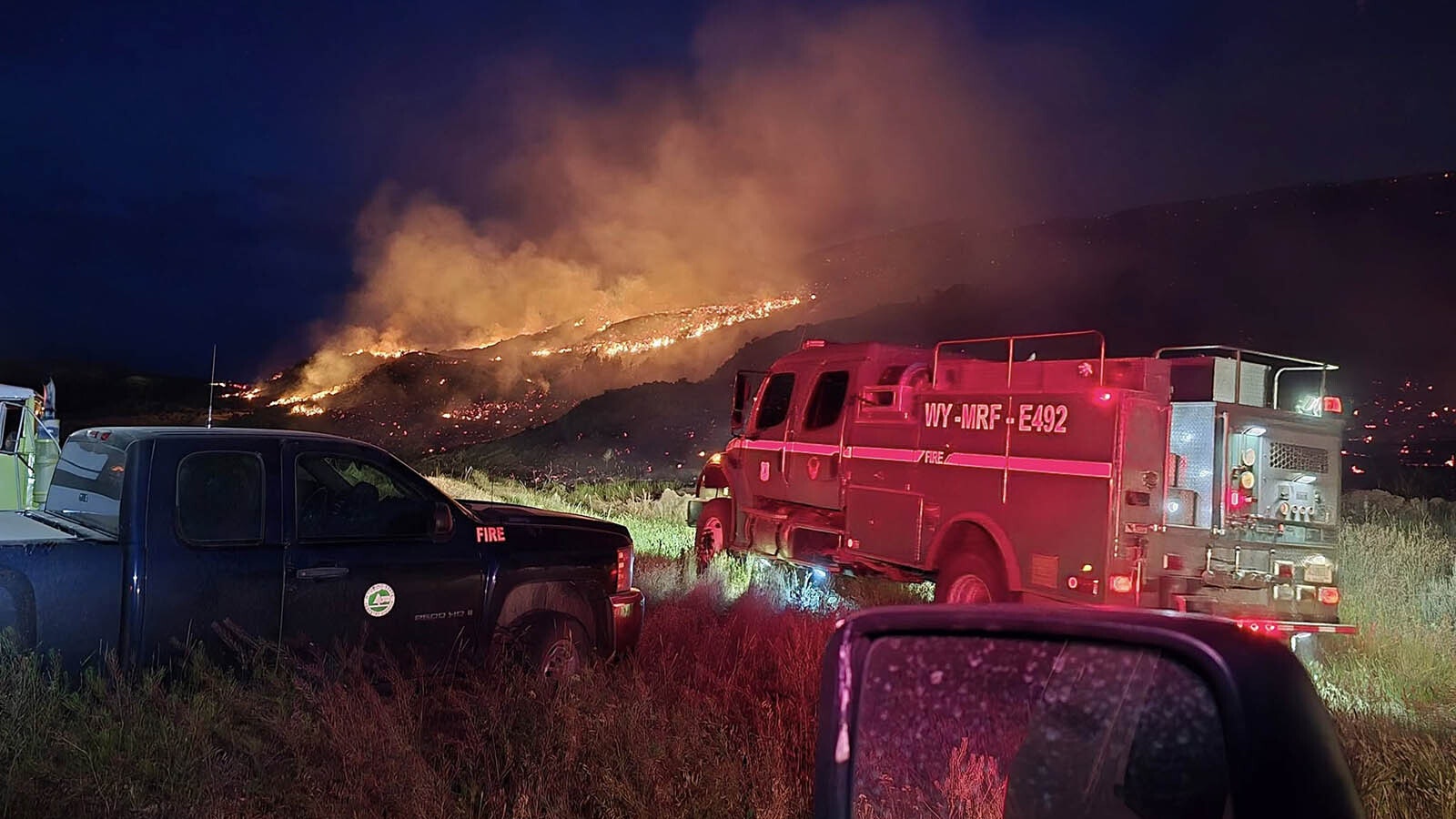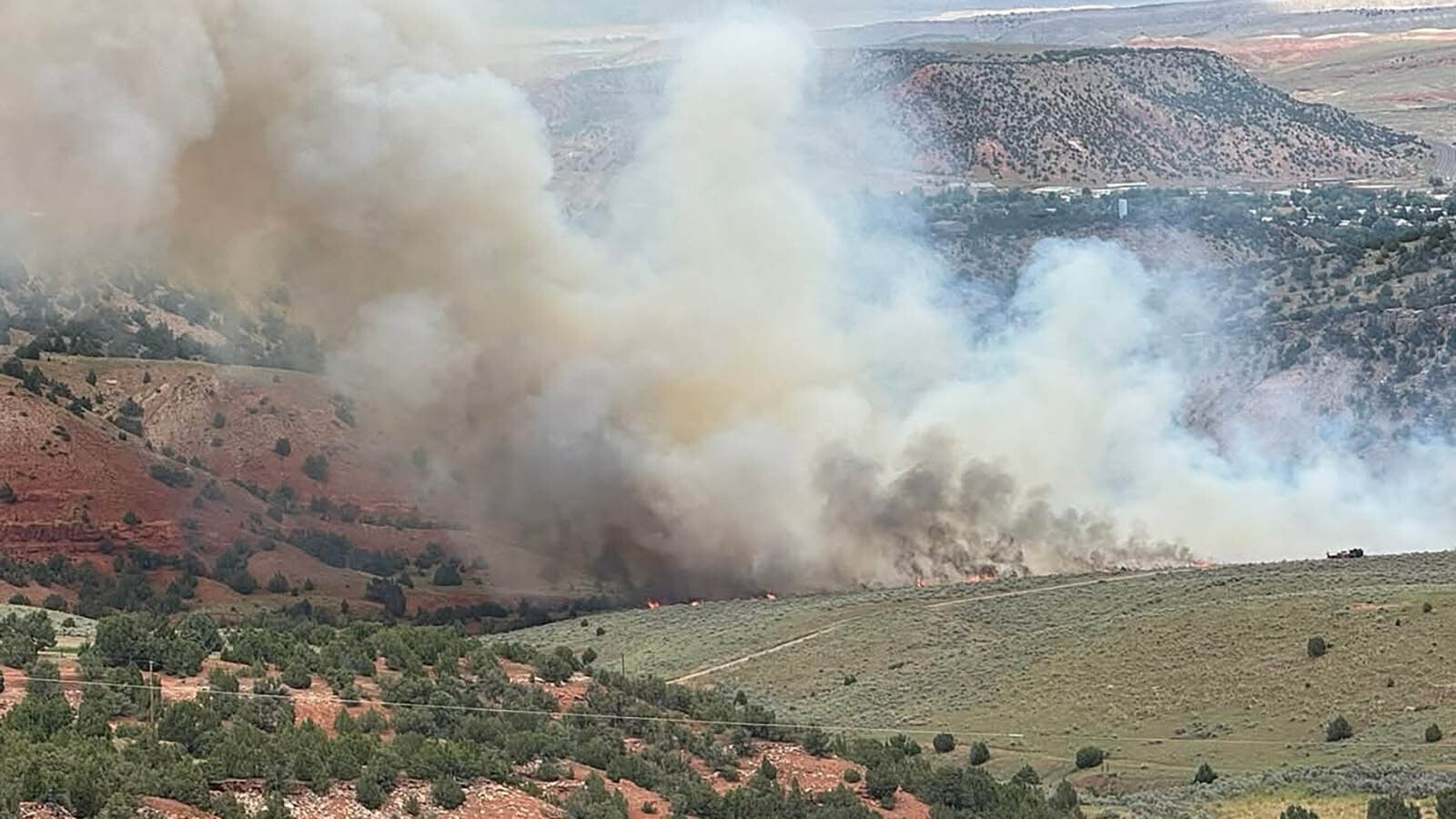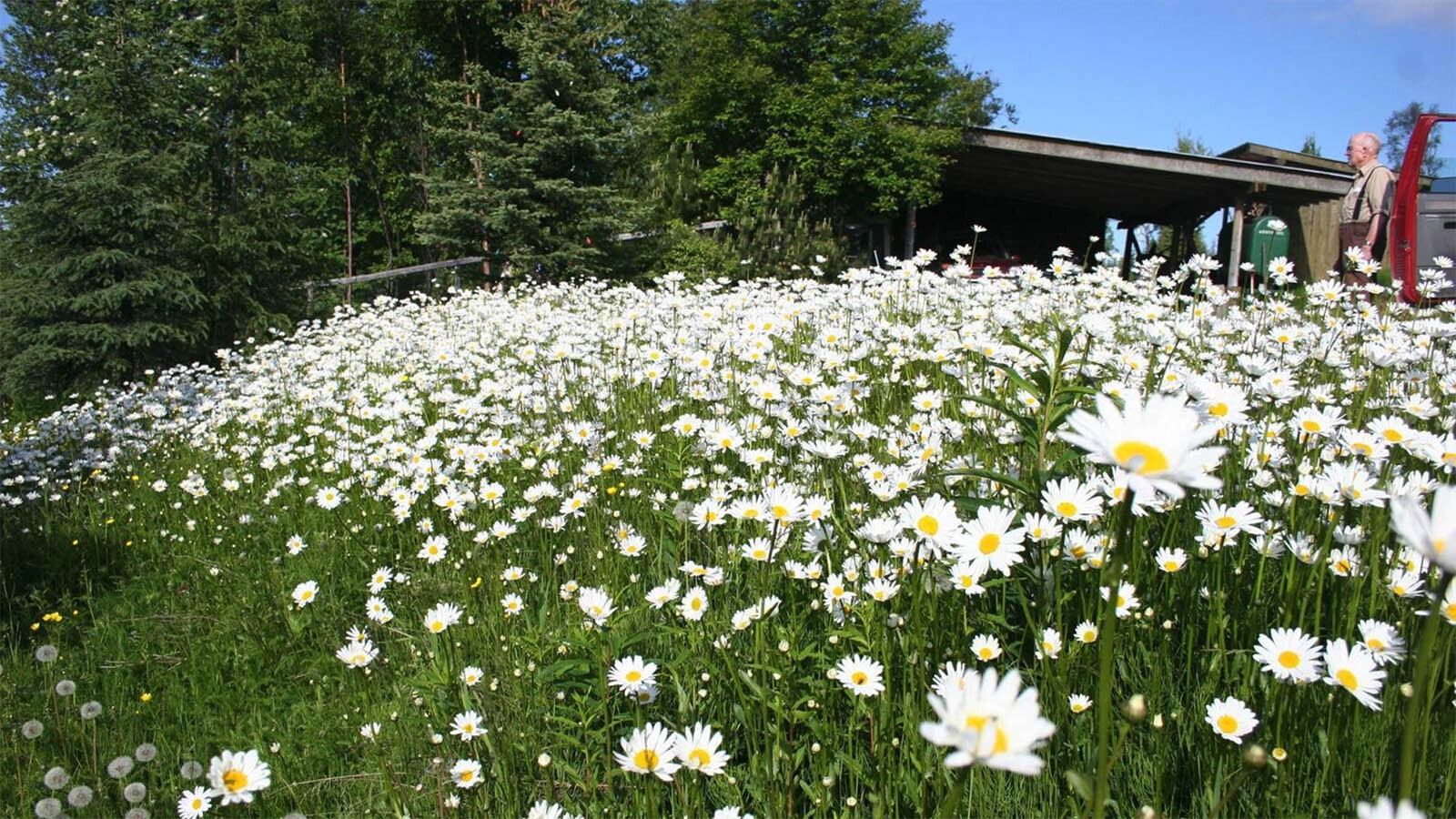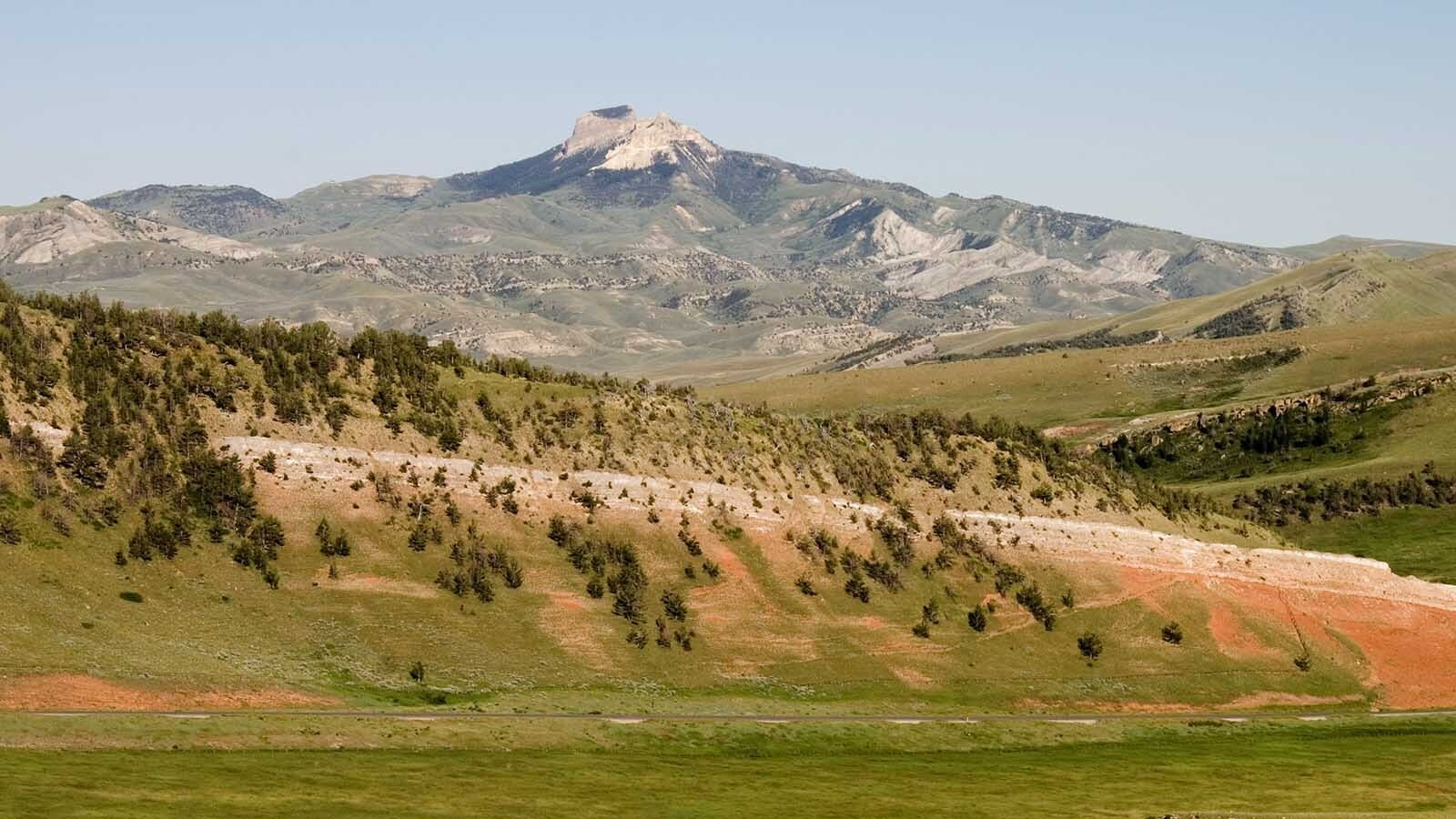It has already happened to some of America’s national landmarks, statues and sports team names. Now, birds are the latest target of an effort to fully rid the world of what some say are “problematic” labels.
The American Ornithological Society (AOS) has announced that in an effort to address past wrongs and engage more people in the enjoyment, protection and study of birds, in 2024 it will change all English bird names in the U.S. and Canada now named after people. The effort will impact about 70-80 types of birds, some of which call Wyoming home.
“There is power in a name, and some English bird names have associations with the past that continue to be exclusionary and harmful today,” said AOS President Colleen Handel in a statement earlier this month announcing the decision. “We need a much more inclusive and engaging scientific process that focuses attention on the unique features and beauty of the birds themselves.”
What’s Changing In Wyoming?
Some of the birds that will be impacted in Wyoming include the Say’s phoebe, Swainson’s hawk, Cooper’s hawk, Audubon’s warbler, Bullock’s oriole, Cassin’s finch, Steller’s jay, Brewer’s blackbird and Williamson’s sapsucker.
In 2020, the AOS renamed a small prairie songbird found in Wyoming to the “thick-billed longspur.” The bird’s original name — honoring John P. McCown, an amateur naturalist who later became a general for the Confederate Army during the U.S. Civil War — was perceived as a harmful link to slavery and racism.
Another Wyoming bird that will likely be targeted is the Hammond’s flycatcher, named for a former U.S. surgeon general who held racist views toward Black and Native American people, writing that Black people were of “little elevated in mental or physical faculties above the monkey of an organ grinder.”
‘Absolutely Ludicrous’
State Rep. Bob Davis, R-Baggs, a bird hunter, told Cowboy State Daily the name changes are “absolutely ludicrous.” He mentioned that calling a bird with dark-toned feathers a “black bird” could be deemed by some as racial profiling.
“There’s a lot more important things we should be concerned with than this political correctness,” he said.
Moorcroft resident Jacelyn Downey, education programs manager of the Rockies of the Audubon, said the effort to change the bird names comes from a larger desire to get more people into bird watching and to make birds more identifiable based on their physical characteristics rather than naming them after humans most people have never heard of.
“It’s been something that’s been talked about for a long time,” she said. “It’s a lot more for better for bird watching.”
She also said people of color and Native Americans may be less inclined to participate in bird watching if there are birds named after people they believe were biased against or offensive toward their cultures.
“It’s part of a larger reckoning with the past,” she said.
Downey said the popularity of bird watching has grown substantially in recent years and there are now thousands of bird enthusiasts in Wyoming, with six active Audubon chapters in the state.
One of the larger chapters is Bighorn Audubon in northern Wyoming.
JoAnne Puckett, president of the Bighorn chapter, said there has been mixed reaction to the bird name changes in Wyoming, ranging from very supportive to extremely against.
Downey also mentioned a push a few years ago to change the name of the National Audubon Society because its 19th century founder John James Audubon owned slaves. This spring, the organization voted to retain its name, but gave individual chapters the authority to remove “Audubon” from their names if they wanted to. Downey said no chapter in Wyoming has done so and Puckett said her chapter has been firmly against changing its name.
A Larger Movement
Many birds have names that come from white men with “objectively horrible pasts,” according to Bird Names for Birds, a group that advocates for the name changes.
Changing names connected to problematic sources has become a common phenomenon over the last five to 10 years as part of a larger movement of “cancel culture,” in which people who are deemed to have acted or spoken in an unacceptable manner are ostracized, boycotted or shunned. Confederate leaders and those determined to be racist or misogynist have been most frequently targeted.
One prominent example in Wyoming was the renaming of Swastika Lake in Albany County, a move supported by the county’s commission. Those who want the name of the lake changed say the swastika carries the stigma of being the symbol used by the Nazi Party before and during World War II.
In 2022, the U.S. Department of the Interior announced that more than 640 geographic features containing the word “squaw” would have their names changed. This included 41 sites in Wyoming.
One site that has had its name changed under this direction was a mountain near Davis’ home in Baggs, on the Colorado side of the border, now known as the “Petite Tetons.” Davis said the mountain doesn’t look anything like the Grand Tetons of Wyoming, and changing its name removes the cultural heritage it once referenced, the battles and skirmishes that occurred there between Native Americans and pioneer settlers.
“It takes away from all the history,” he said.
The AOS has committed to establishing a new committee to oversee the assignment of all English common names for species within the AOS’s jurisdiction and will involve the public in the process of selecting new bird names.
For now, birds with other bird names some may deem offensive that don’t include people — such as the booby, multiple varieties of tits, woodcocks, shags and the hoary puffleg — appear safe to have their designations kept.
Leo Wolfson can be reached at leo@cowboystatedaily.com.

